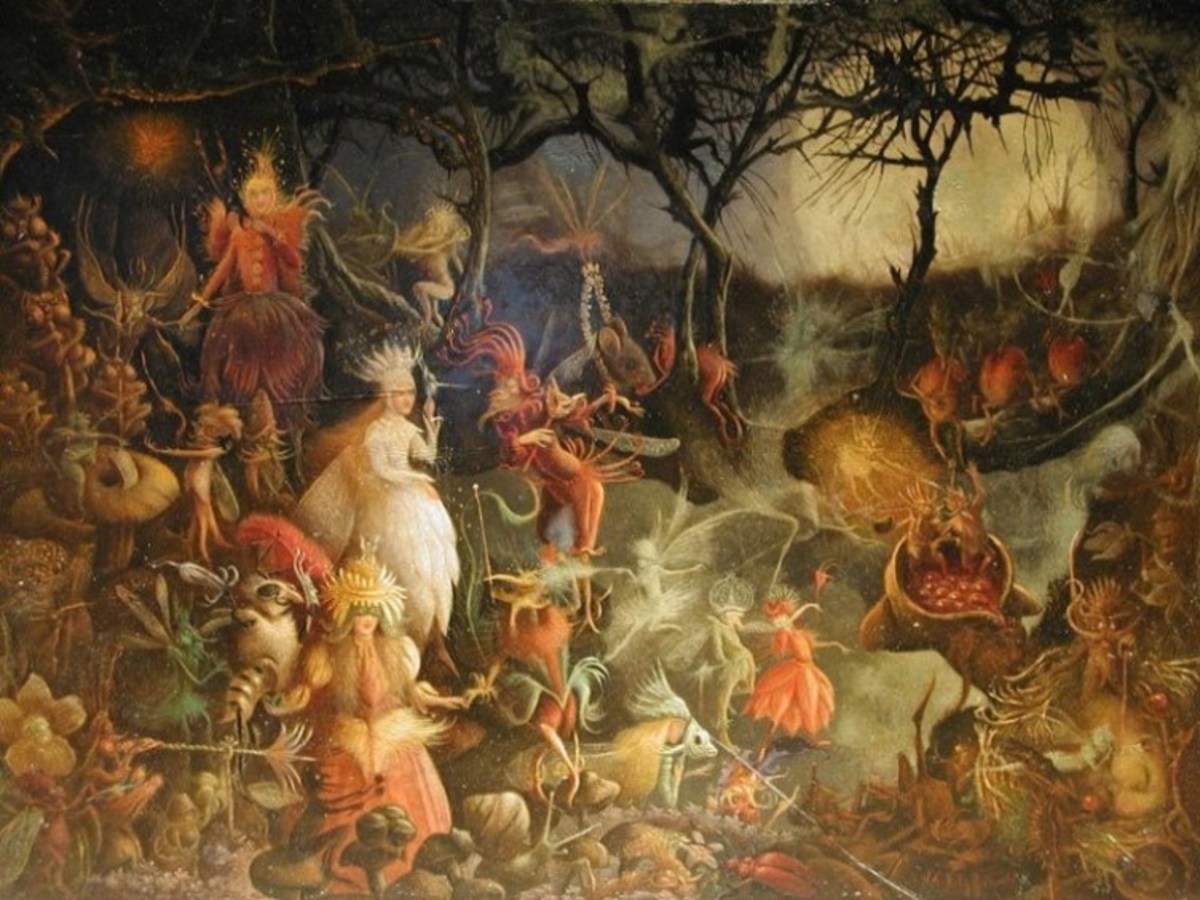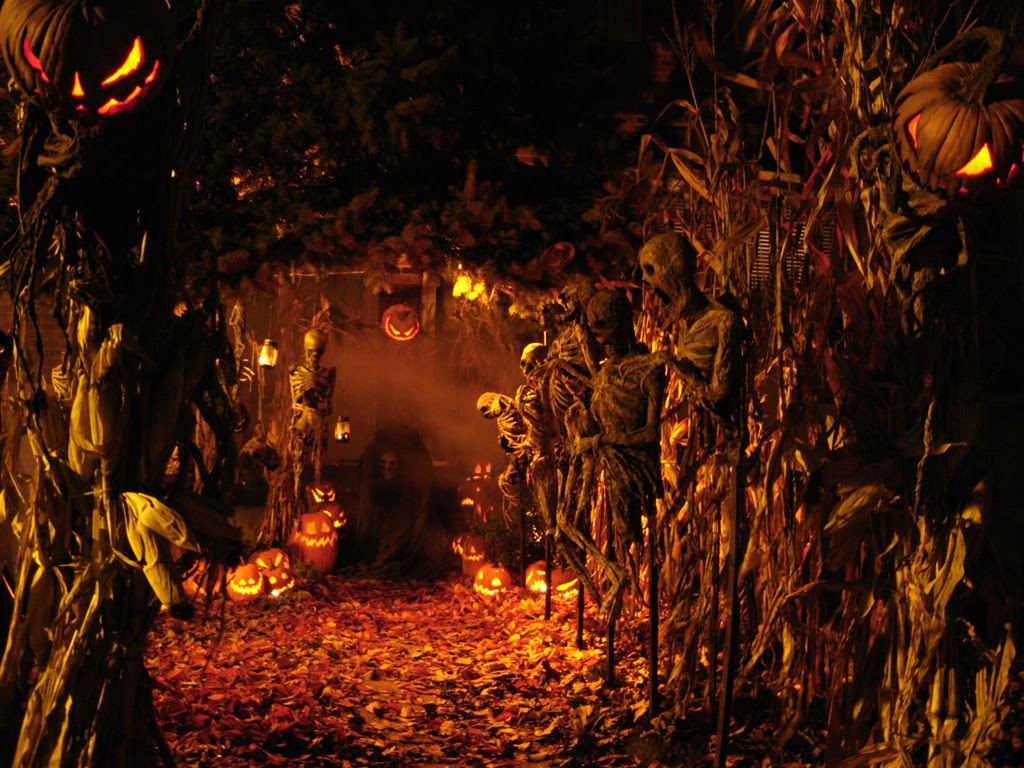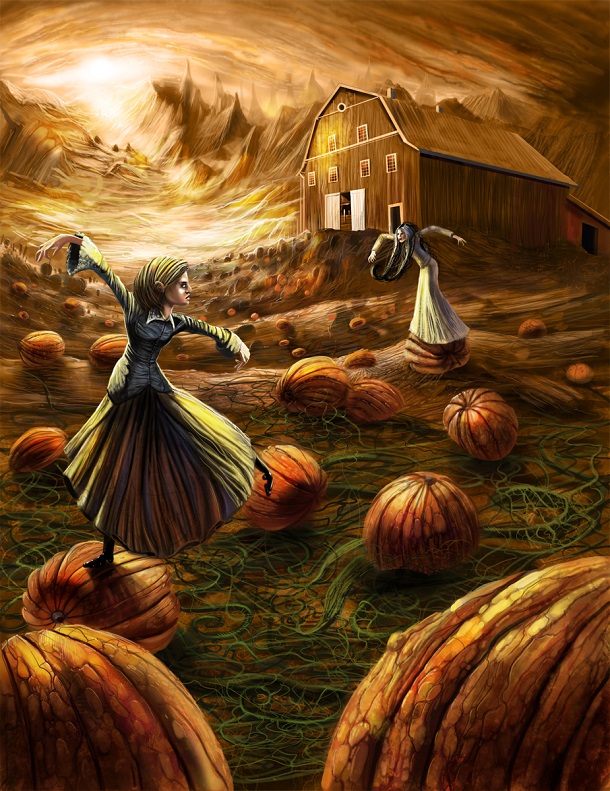Halloween: A Harvest Festival with Ancient Roots
Related Articles: Halloween: A Harvest Festival with Ancient Roots
- Halloween Disney Flannel 2024: A Spooktacular Collection For The Whole Family
- Disneyland Paris Halloween 2024: A Spooktacular Celebration Of Fright And Delight
- Disney Movie Rewards Halloween Codes 2024: Unlock Spooky Surprises
- Halloween Days Out For Kids 2024: Spooktacular Adventures For Little Monsters
- Disney Channel’s Halloween Extravaganza 2024: A Spooktacular Celebration For All Ages
Introduction
With enthusiasm, let’s navigate through the intriguing topic related to Halloween: A Harvest Festival with Ancient Roots. Let’s weave interesting information and offer fresh perspectives to the readers.
Table of Content
Video about Halloween: A Harvest Festival with Ancient Roots
Halloween: A Harvest Festival with Ancient Roots

Halloween, celebrated annually on October 31st, is a festival that has its origins in ancient Celtic traditions and has evolved over centuries to become the widely recognized holiday it is today. The word "Halloween" is derived from "All Hallows’ Eve," which refers to the evening before All Saints’ Day, a Christian feast day that honors all Christian saints.
Celtic Origins: The Festival of Samhain
The roots of Halloween can be traced back to the ancient Celtic festival of Samhain, which was celebrated by the Celts, who inhabited parts of Europe, including Ireland, Britain, and Northern France, from around 2000 BCE to 400 CE. Samhain marked the end of the harvest season and the beginning of the dark winter months.
The Celts believed that on the night of Samhain, the boundary between the worlds of the living and the dead became blurred. They celebrated with bonfires, costumes, and feasts to honor the dead and ward off evil spirits.
Roman Influence: The Feast of Pomona
In the 1st century CE, the Romans conquered Celtic territories and introduced their own customs and beliefs. One of these was the Feast of Pomona, a festival honoring Pomona, the Roman goddess of fruit and trees. Over time, elements of the Feast of Pomona became incorporated into the Celtic festival of Samhain.
Christianization: All Saints’ Day and All Souls’ Day
In the 7th century CE, Pope Gregory IV designated November 1st as All Saints’ Day, a day to honor all Christian saints. The evening before All Saints’ Day became known as All Hallows’ Eve, which eventually evolved into the modern-day Halloween.
In the 10th century CE, the Catholic Church also established All Souls’ Day, a day to pray for the souls of the deceased. This further influenced the development of Halloween, as it became a time to remember and honor the dead.
Medieval Traditions: Trick-or-Treating and Jack-o’-Lanterns
During the Middle Ages, Halloween traditions such as trick-or-treating and carving jack-o’-lanterns emerged. Trick-or-treating originated from the practice of "souling," where poor people would go door-to-door asking for food and prayers for the souls of the dead. Jack-o’-lanterns were carved from turnips or beets and were believed to ward off evil spirits.
Modern-Day Halloween: A Global Celebration
In the 19th century, Halloween was brought to the United States by Irish and Scottish immigrants. It quickly gained popularity and became a widely celebrated holiday in North America and eventually spread to other parts of the world.
Today, Halloween is celebrated in many countries around the globe with a mix of traditional and modern customs. It is a time for children to dress up in costumes, go trick-or-treating, and enjoy Halloween-themed activities. It is also a time to remember and honor the dead, often through visits to cemeteries or by lighting candles in memory of loved ones.
Cultural Significance: A Time for Reflection and Celebration
Halloween has evolved from its ancient Celtic roots to become a global festival that combines elements of different cultures and traditions. It is a time for both reflection and celebration, as it marks the transition from summer to winter and from the world of the living to the world of the dead.
While Halloween is often associated with spooky costumes and Halloween-themed decorations, it is also a time to remember the importance of community, tradition, and the interconnectedness of life and death.







Closure
Thus, we hope this article has provided valuable insights into Halloween: A Harvest Festival with Ancient Roots. We thank you for taking the time to read this article. See you in our next article!